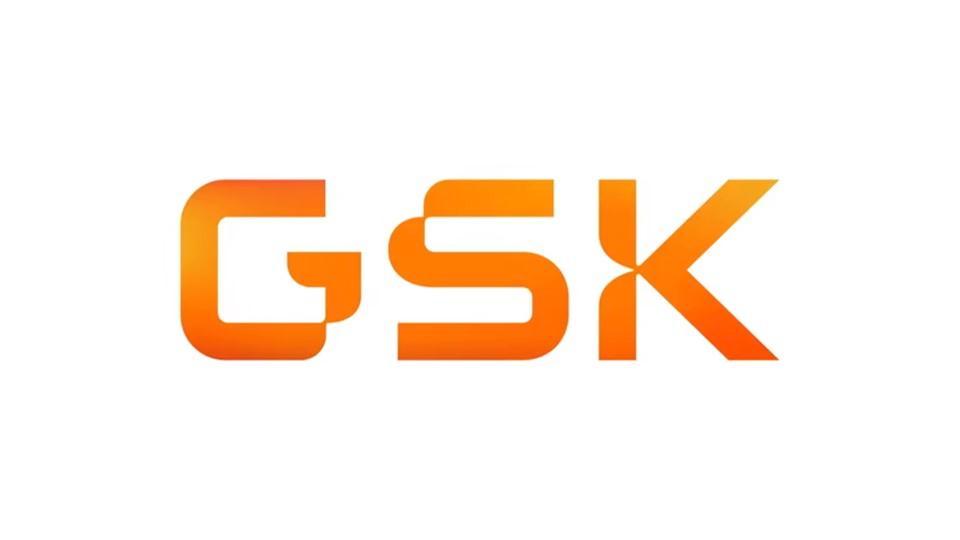GSK gets wide FDA approval for myelofibrosis drug

GSK's cancer unit has been given a fillip by the FDA with a broader-than-expected approval for JAK inhibitor momelotinib for anaemia associated with myelofibrosis, acquired as part of its $1.9 billion buyout of Sierra Oncology last year.
The approval – which comes after a three-month delay caused by an FDA request for more information – is for use in intermediate or high-risk myelofibrosis patients with anaemia, regardless of any prior therapy.
Current therapies for myelofibrosis, like Novartis/Incyte's JAK1/2 inhibitor Jakafi (ruxolitinib), can help relieve symptoms of myelofibrosis and improve long-term survival, but can exacerbate anaemia, a common symptom of the blood cancer. Anaemia is the main reason why people with myelofibrosis discontinue treatment, accounting for around 30% of cases.
Now given the trade name Ojjaara, GSK's once-daily oral JAK1/JAK2 and activin A receptor type 1 (ACVR1) inhibitor can be given as an alternative to other JAK inhibitors in the first-line setting – albeit only in the approximately one-half of patients that already have anaemia.
GSK had been expecting approval only for second-line use in patients previously treated with Jakafi or other JAK drugs, like Bristol Myers Squibb's Inrebic (fedratinib) and CTI Biopharma's Vonjo (pacritinib) – predicting $1 billion-plus in sales potential in that setting alone – so the broader label is a bonus for the company and the new drug's sales prospects. For comparison, market leader Jakafi is predicted to be heading for sales of $2.4 to $2.8 billion this year.
In a statement, GSK said the Ojjaara is "the only approved medicine for both newly diagnosed and previously treated myelofibrosis patients with anaemia that addresses the key manifestations of the disease, namely anaemia, constitutional symptoms, and splenomegaly."
In the MOMENTUM trial, Ojjaara reduced the need for blood transfusions compared to danazol, a steroid used to treat anaemia. All told, 31% of patients treated with GSK's drug were transfusion-independent at week 24 compared to 20% of a control group, and follow-up results showed that 97% of patients who responded to momelotinib at that time point remained in response at 48 weeks.
The FDA also took into account data from an earlier trial, SIMPLIFY-1, which was conducted by Sierra Oncology ahead of its takeover by GSK and involved myelofibrosis patients who had not been treated before with JAK inhibitors. Overall, that trial was not a success, but momelotinib did show benefits in a subset of patients with anaemia.
Bad news on Blenrep
There was disappointing news for GSK this week after the EMA's human medicines committee, the CHMP, recommended against renewing the conditional marketing approval of its BCMA-targeting multiple myeloma drug Blenrep (belantamab mafodotin).
At one point Blenrep was looking set to form the backbone of GSK's haemato-oncology franchise, but was scuppered by its failure to show efficacy in a confirmatory trial, resulting in its marketing authorisation in the US being withdrawn.
The drug was already approved in Europe as a fifth-line or later therapy for multiple myeloma, but now looks set to be withdrawn from sale, although GSK is formally requesting a re-examination of the CHMP's decision.












